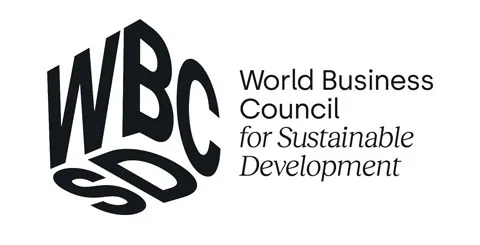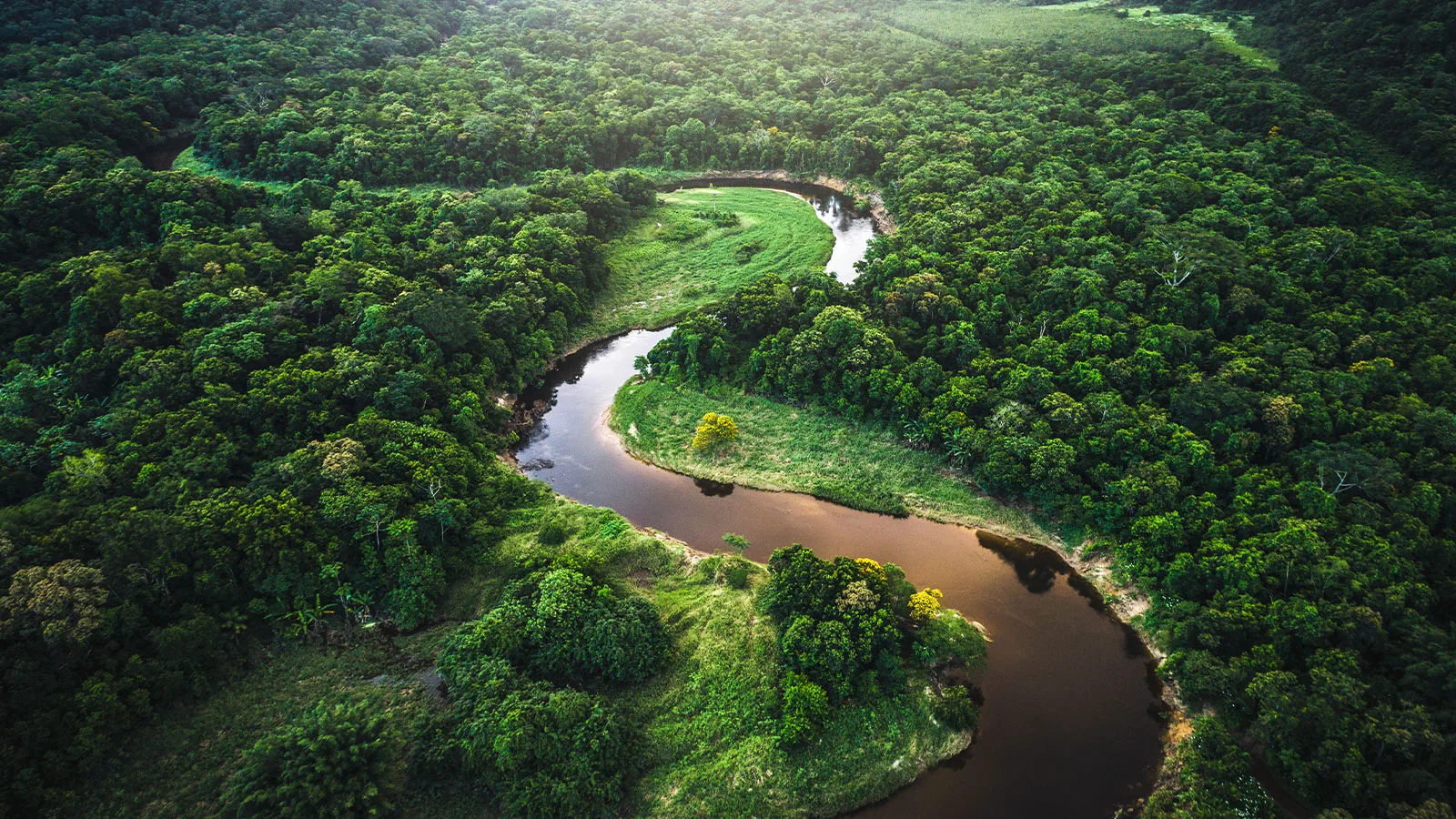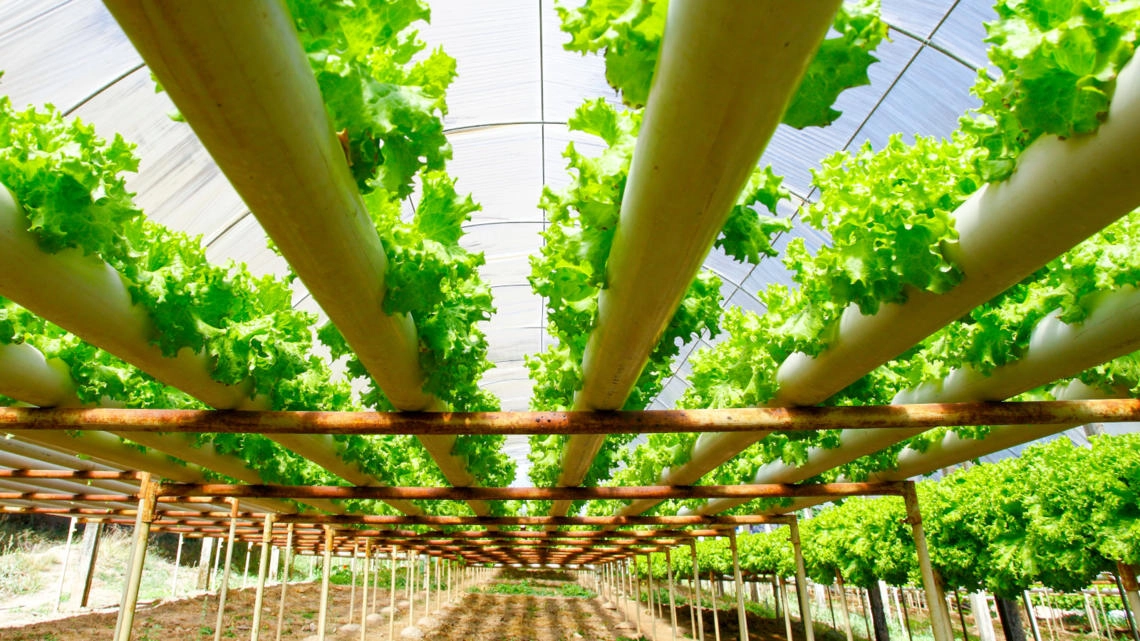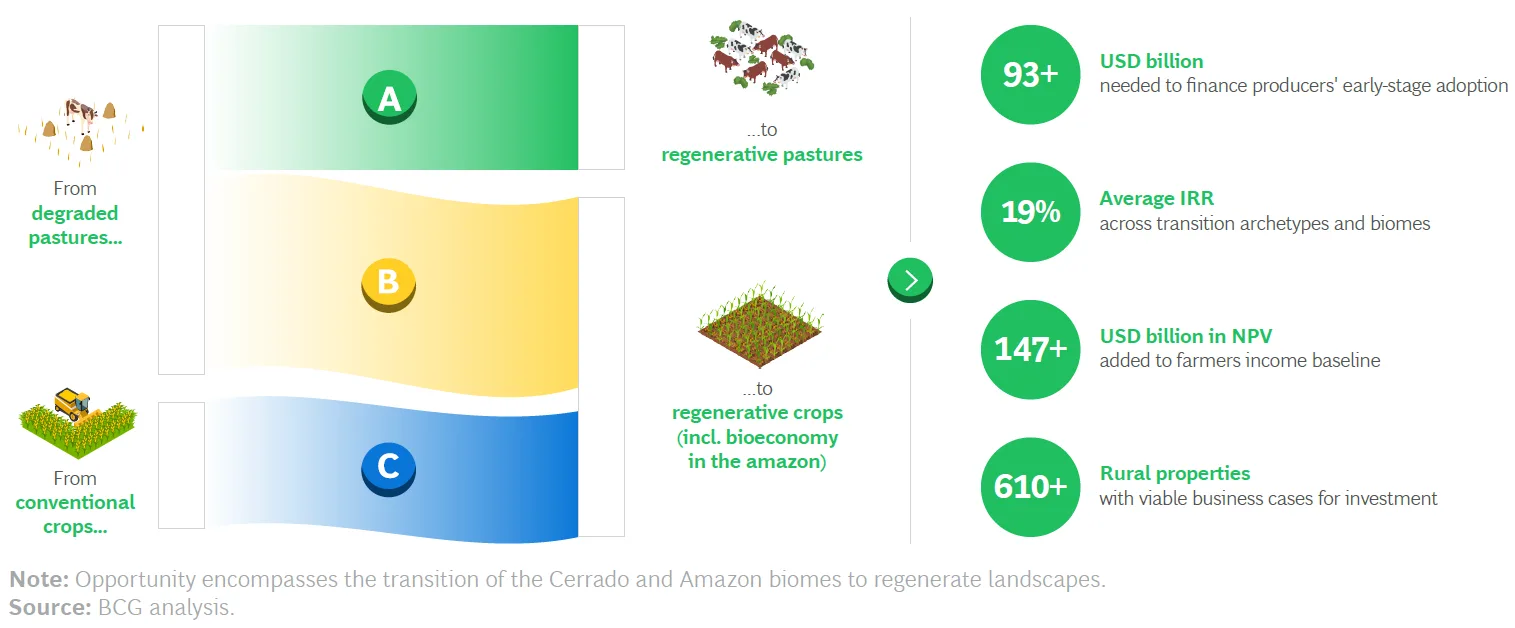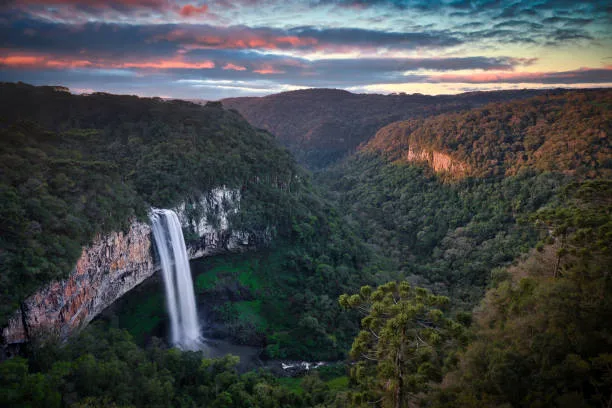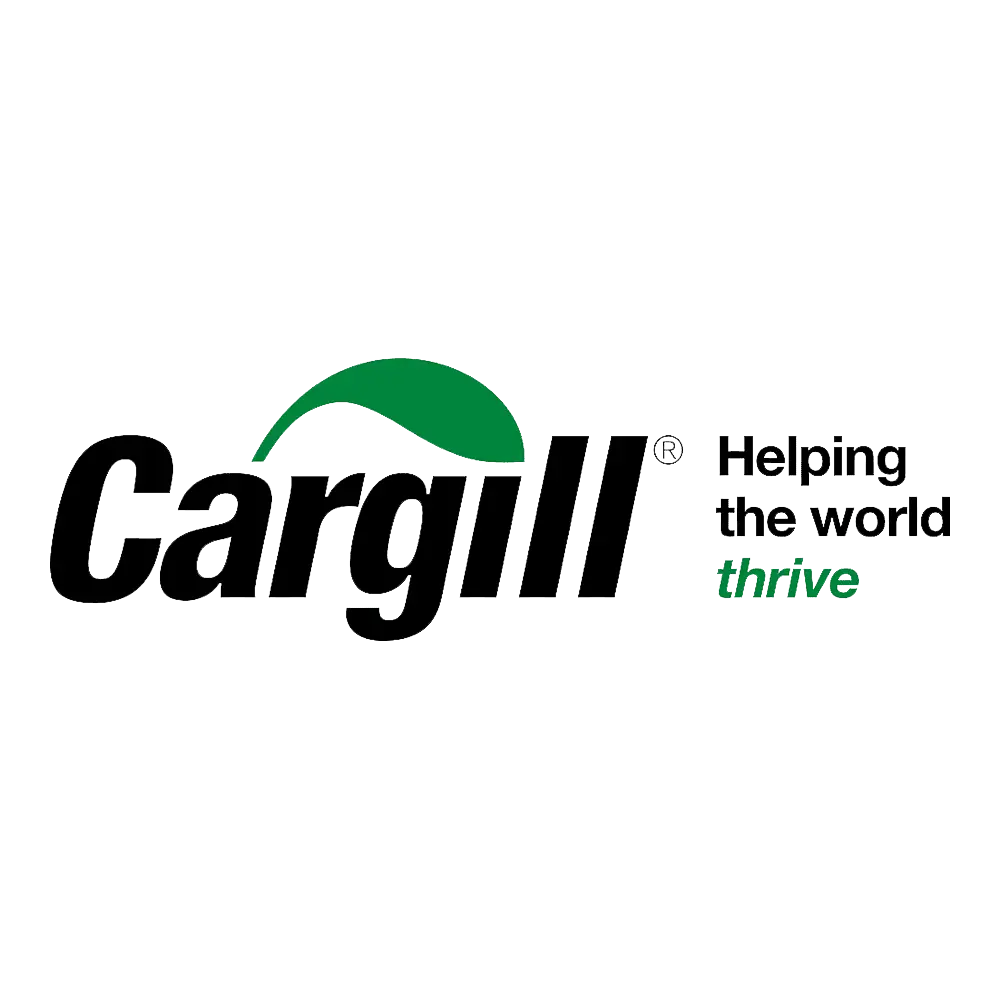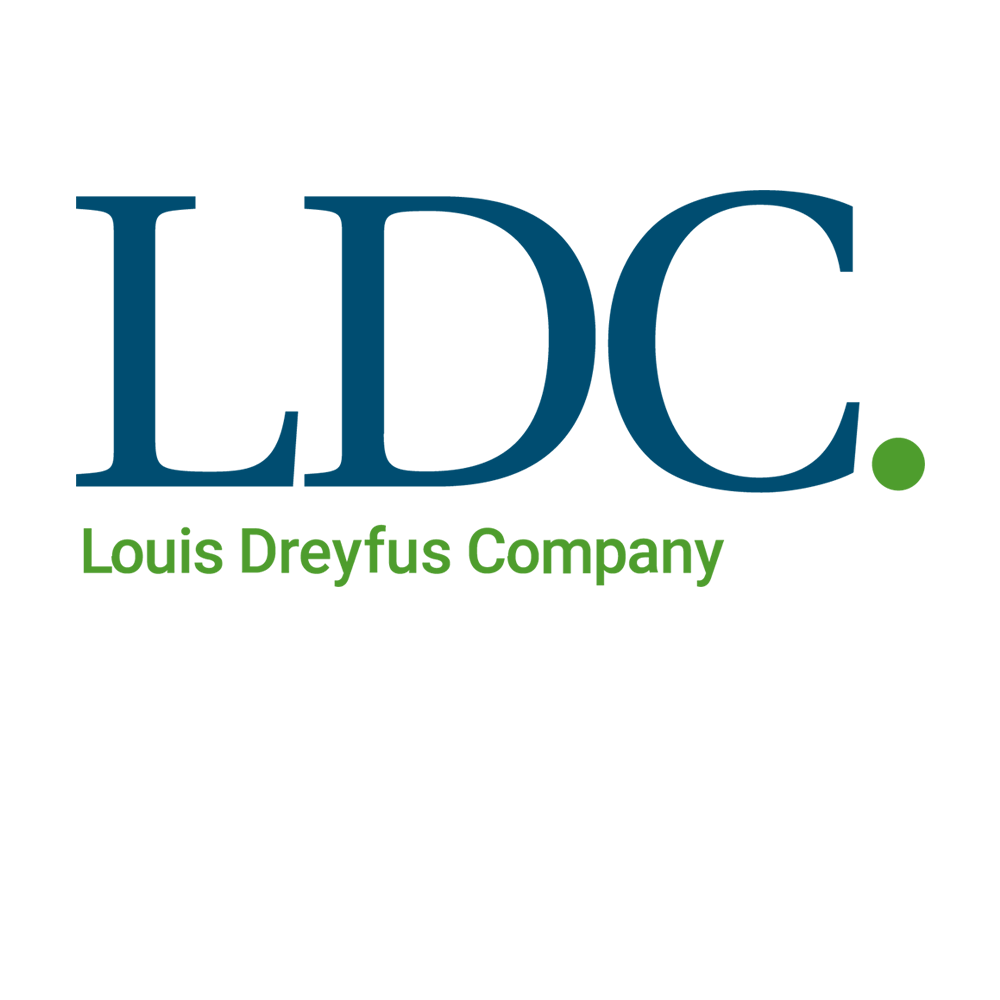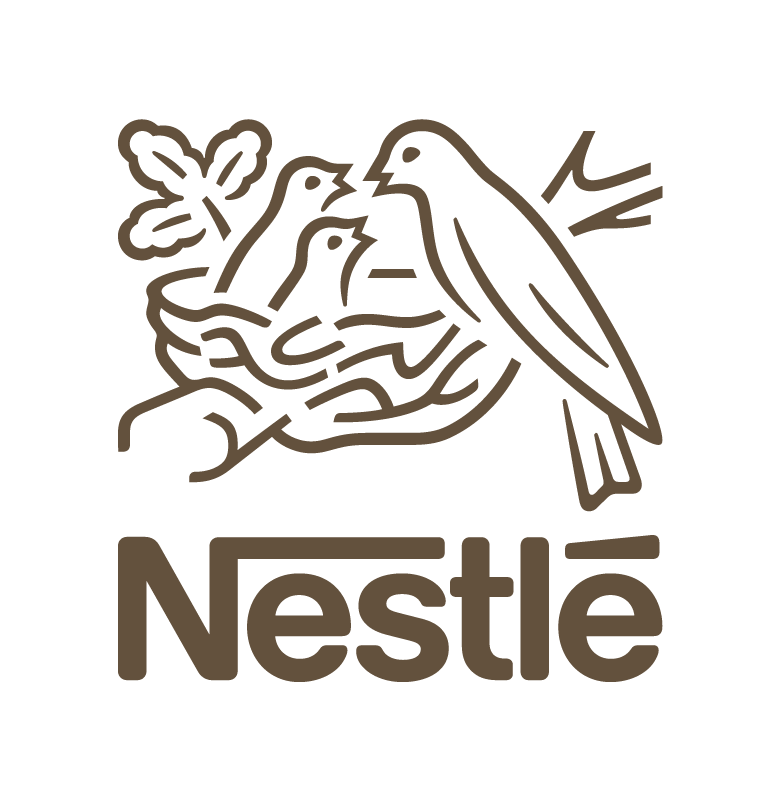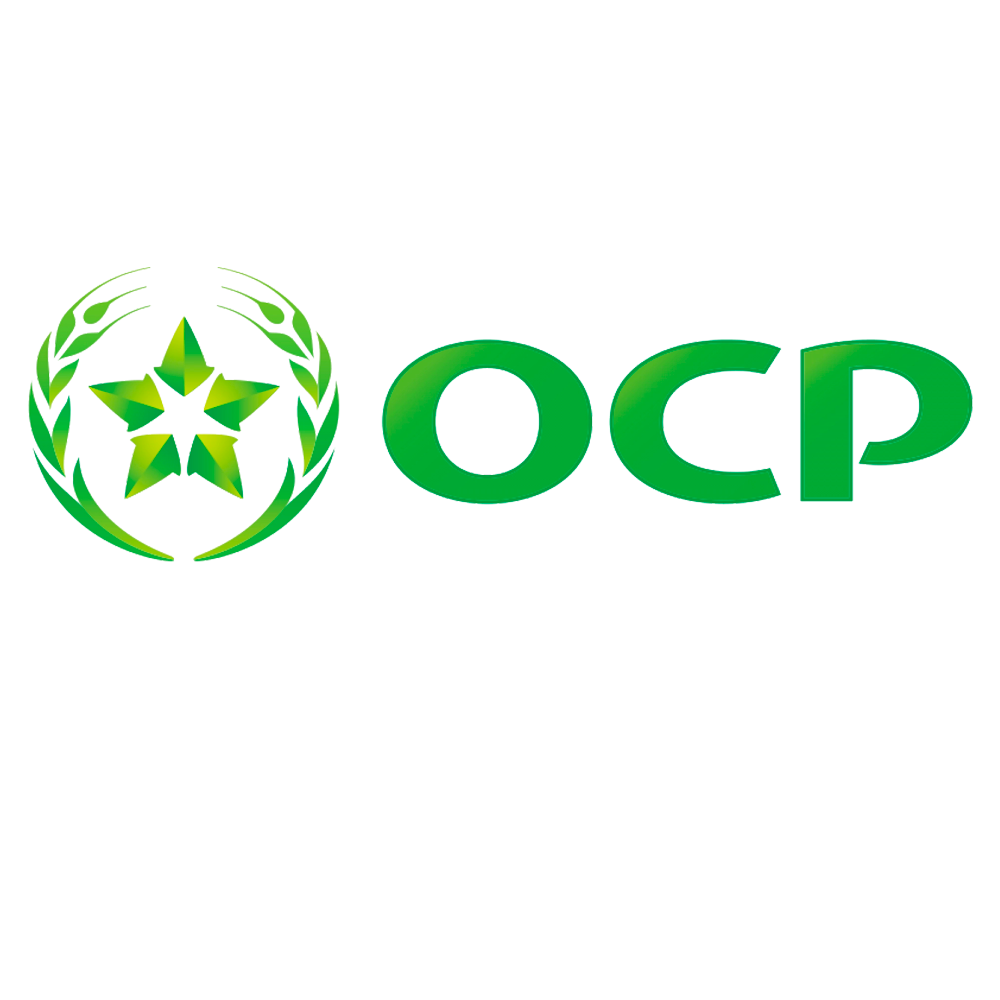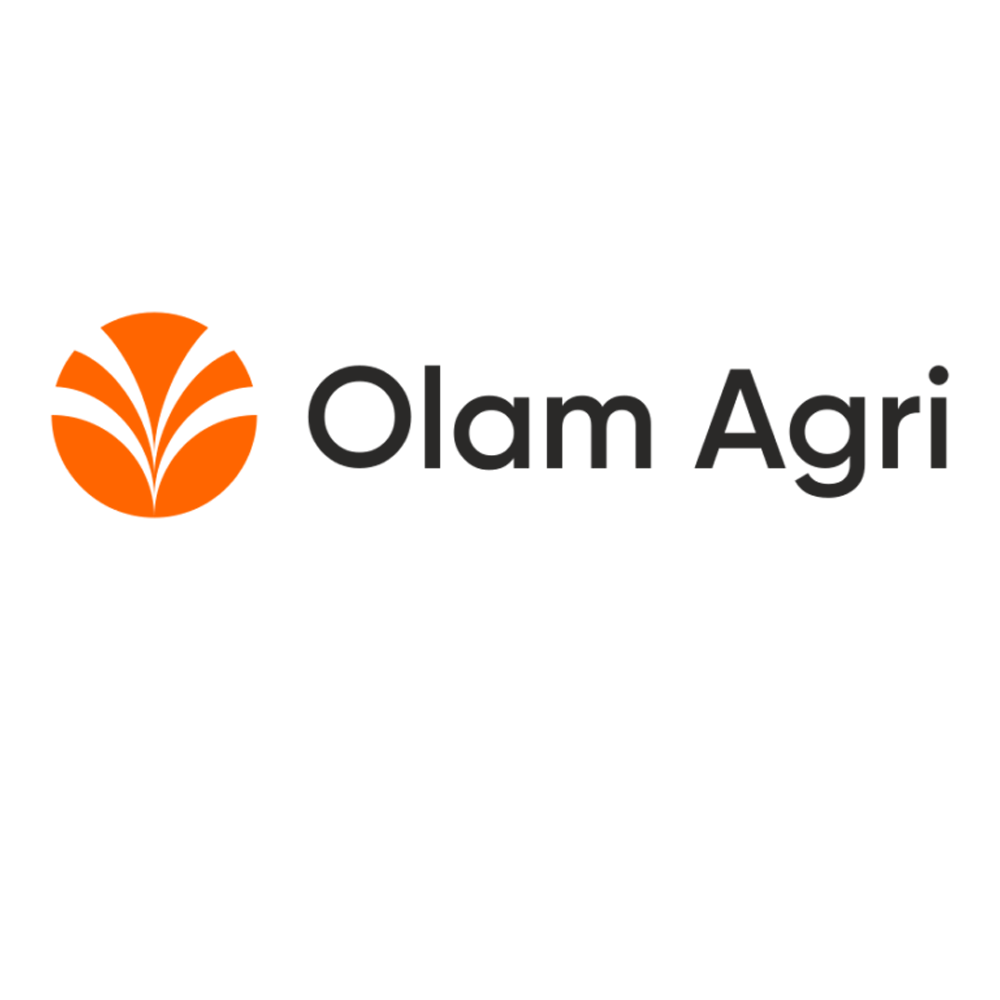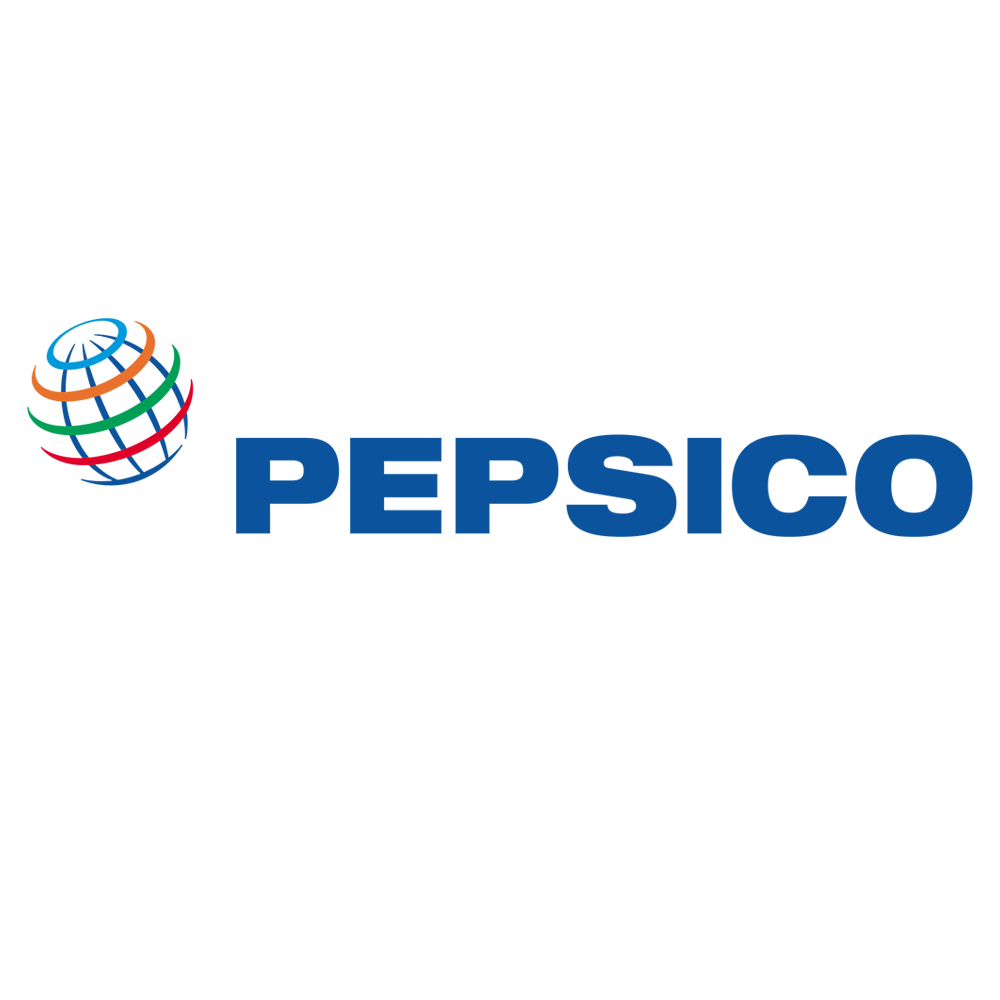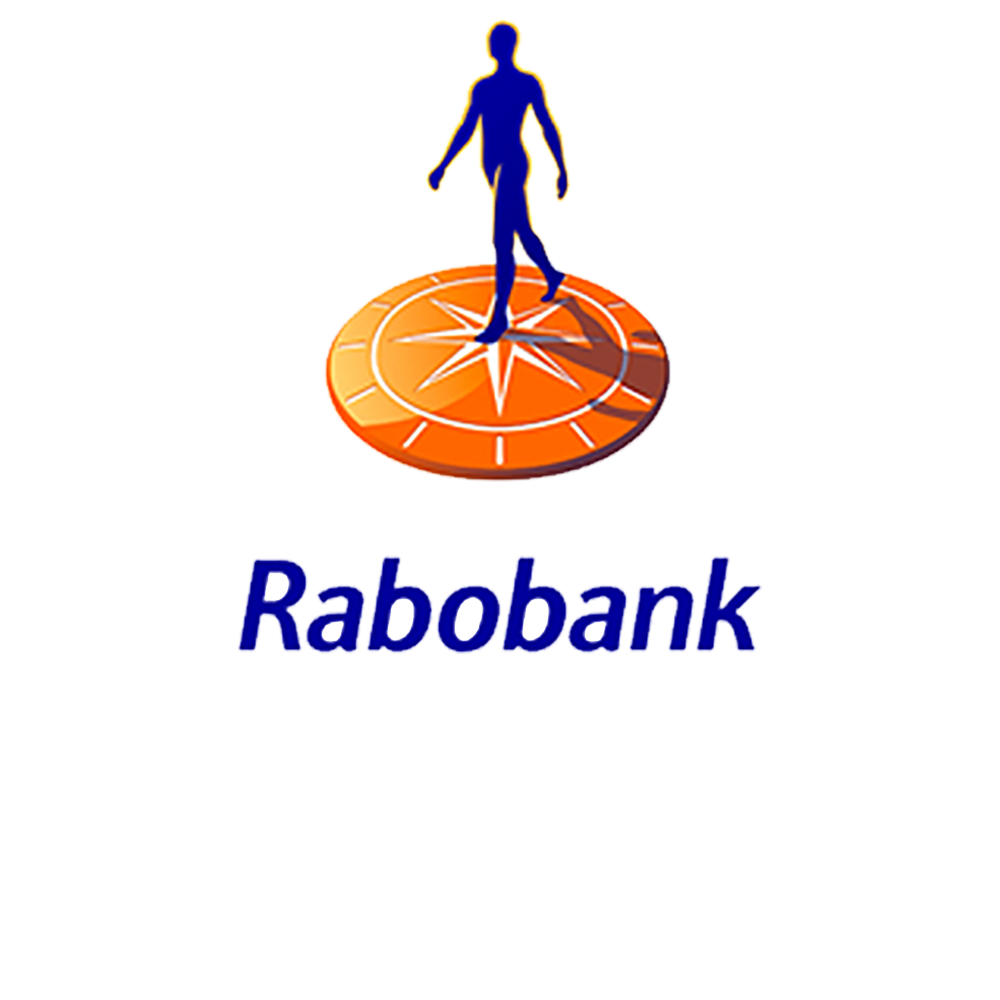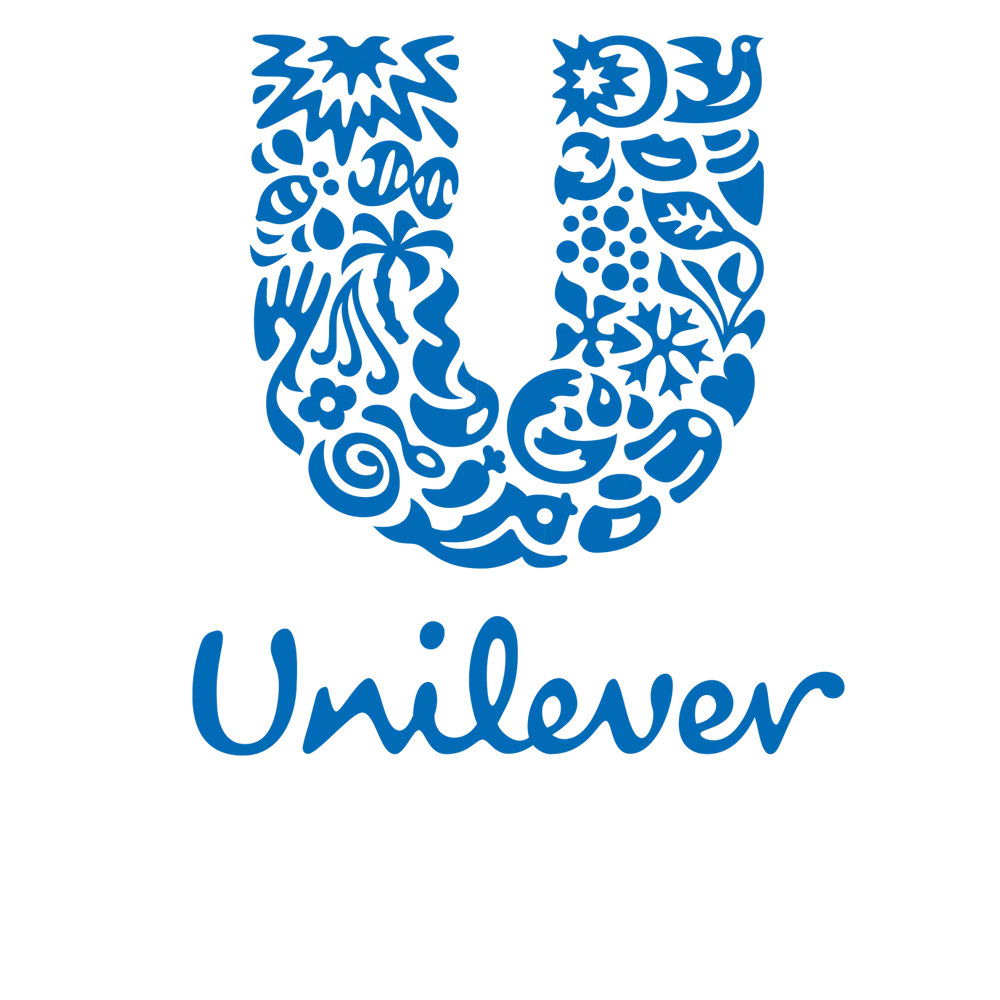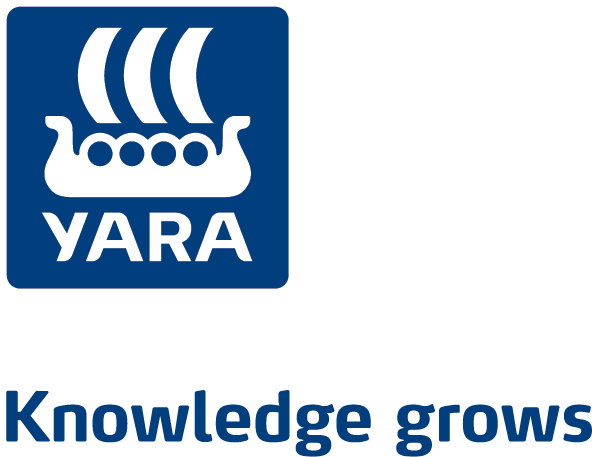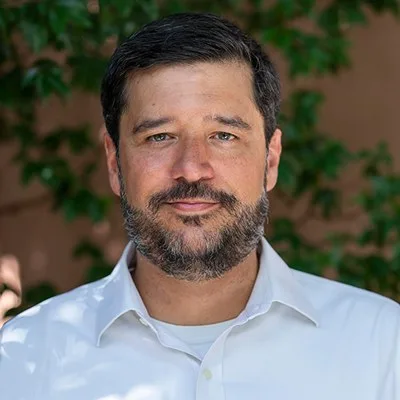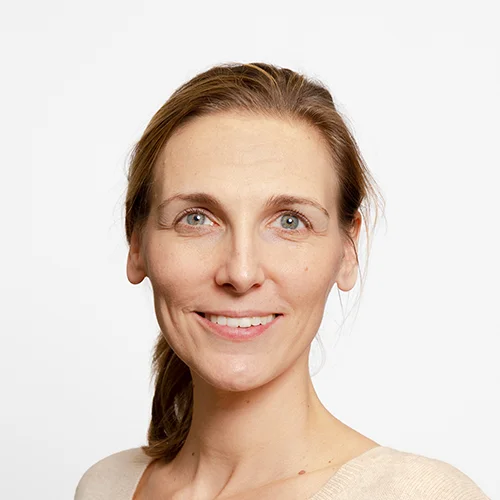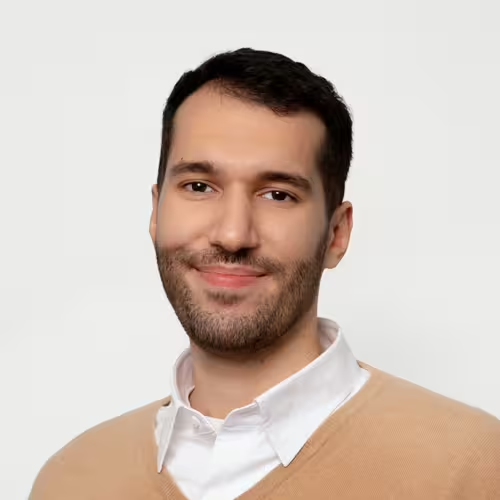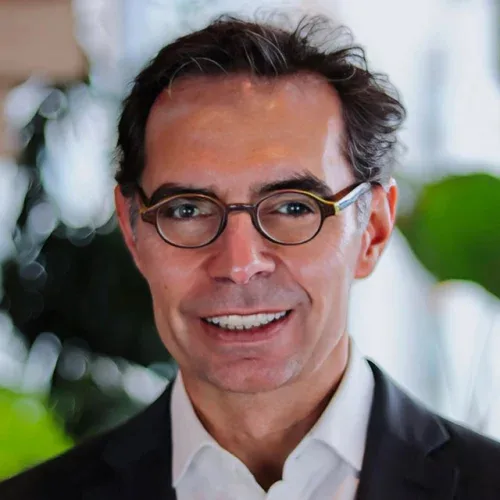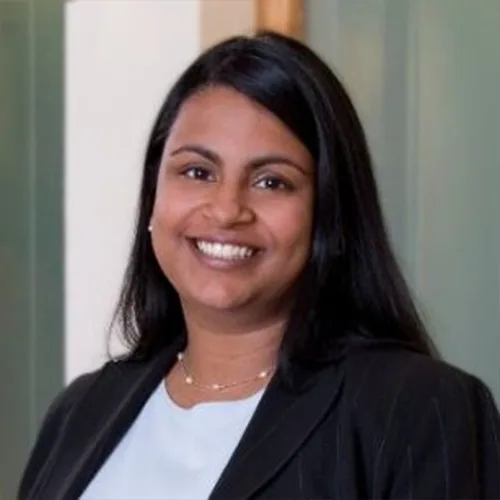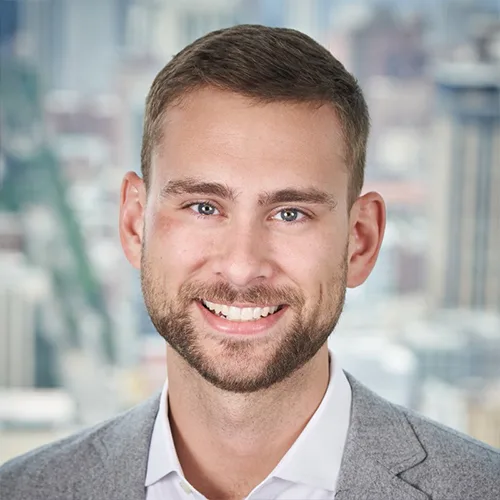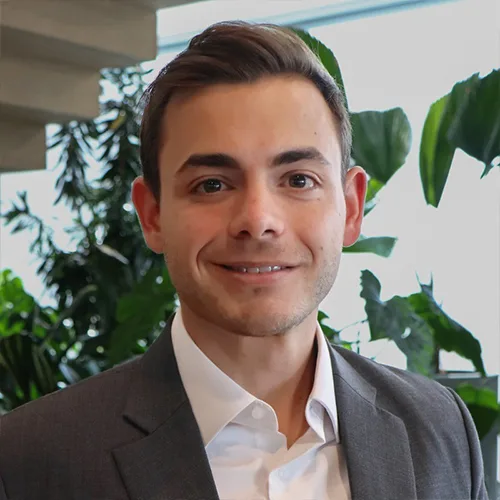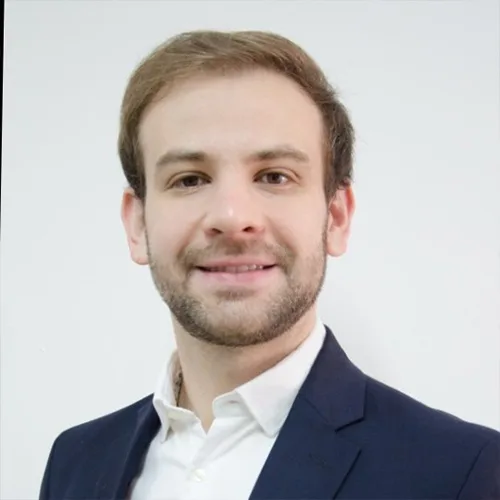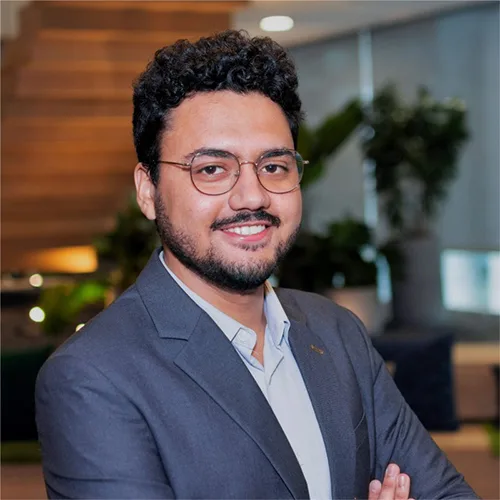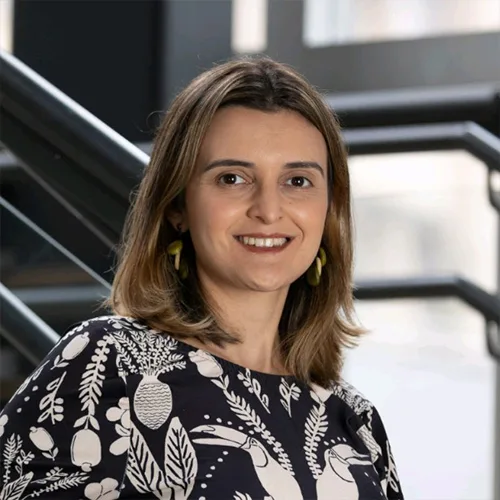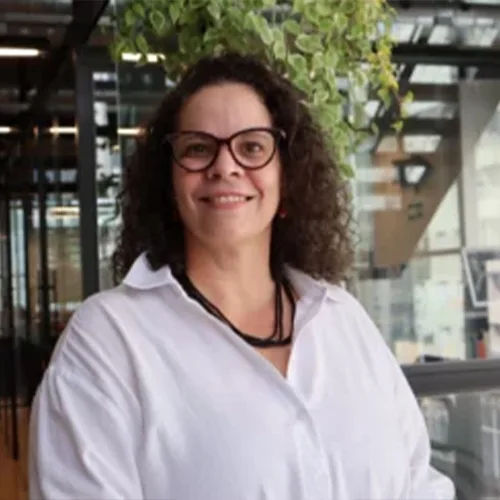Regenerative landscapes offer a transformative pathway to align agricultural productivity with climate action, biodiversity conservation, and farmer prosperity. Yet, the pace and scale of adoption must increase to meet local and global sustainability imperatives.
In response to this challenge, the Landscape Accelerator – Brazil (LAB) was launched in 2025 as a private‑sector-led, multi‑stakeholder initiative under the global COP28 Action Agenda for Regenerative Landscapes (AARL). Its mission is to accelerate the regenerative transformation of key Brazilian landscapes – starting in the Cerrado and the Amazon – building generational benefits for producers, net‑positive outcomes for climate and nature, and more resilient supply chains.
The LAB’s Action Plan, launched leveraging the momentum provides a clear vision for scaling regenerative land use through blended finance, aligned public policy, and robust monitoring systems.
The LAB is a joint initiative of the WBCSD, the Boston Consulting Group (BCG), and the Brazilian Business Council for Sustainable Development (CEBDS). Core partners include the Brazilian Ministry of Agriculture and Livestock (MAPA), The Nature Conservancy, TechnoServe, and a growing coalition of agribusinesses, financial institutions, and civil society organizations committed to driving Brazil’s regenerative transition.
Our members
Our approach
In 2025, the LAB aligned stakeholders around a shared mission across three interlinked pillars: blended finance, metrics and MRV (monitoring, reporting and verification systems), and public policy. WBCSD, alongside CEBDS and BCG, operates as a co-intermediary, convening its member companies along the agri-food value chain with other key stakeholders to drive coherence on the priorities and actions needed to accelerate the regenerative transformation of the Cerrado and the Amazon.
The LAB identified an ambition to mobilize up to USD $5 billion by 2030. We mapped investment opportunities and blended capital stacks that combine catalytic/concessional capital, subsidized public credit, commercial debt/equity, and direct producer support (for example, grants, technical assistance, etc.)
The LAB harmonized a set of core metrics across climate, nature, livelihoods, and economics and creating practical, context‑sensitive MRV guidance for Brazilian landscapes. Check the full technical guidance here.
The LAB has built convergence around four policy priorities that can support private sector investment, related to enforcement of land‑use regulations, modernization of the rural land registry system, expanding incentives and technical assistance especially for small and medium producers, and integrating land–use into the new Brazilian emissions trading scheme.
What’s next
In 2025 the LAB has established itself as the leading hub for private sector-led, multistakeholder alignment on pathways for a regenerative transformation across Brazil. In 2026 and beyond, the LAB will evolve into an action platform mobilizing co-investment along the pathways outlined. The LAB can continue to advance system-level drivers for scaling regenerative landscapes in Brazil, at two complementary scales:
macro-scale hub:
activating blended finance and policy levers
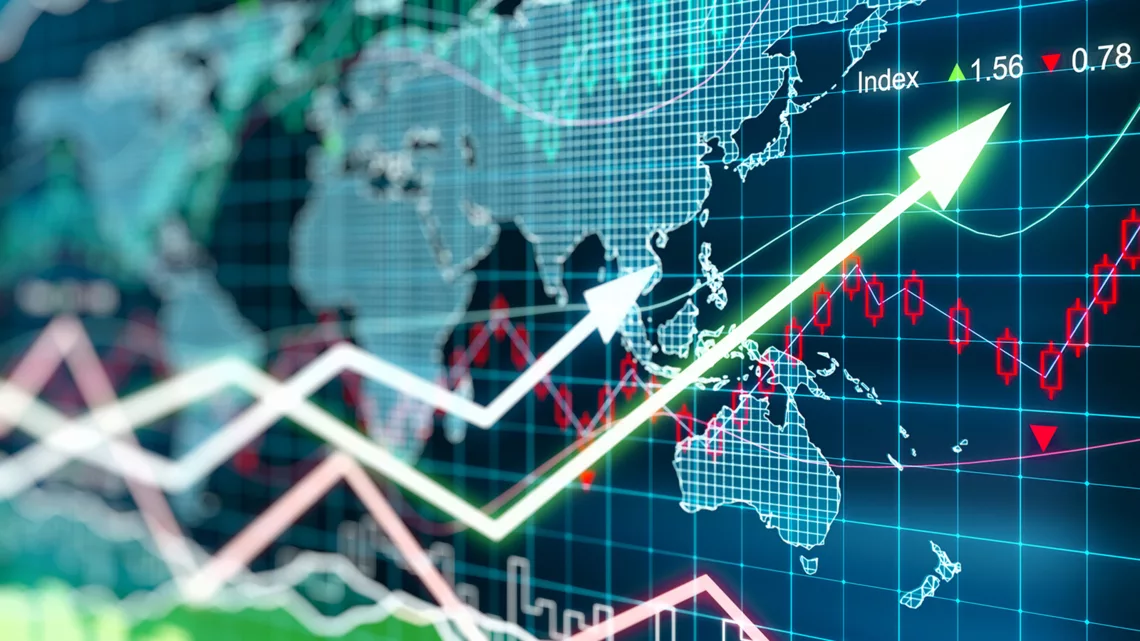
landscape-scale accelerator:
expanding and/or establishing implementation clusters in high-priority Brazilian sub-regions
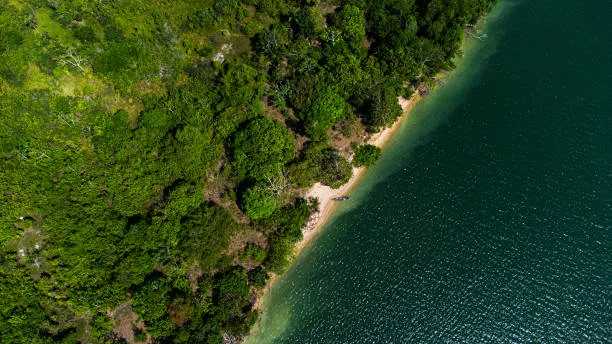
We aim to aggregate collective priorities and align investments amongst our corporate members in collaboration with financial, public sector and civil society partners, especially Brazilian public and private institutions and initiatives.
